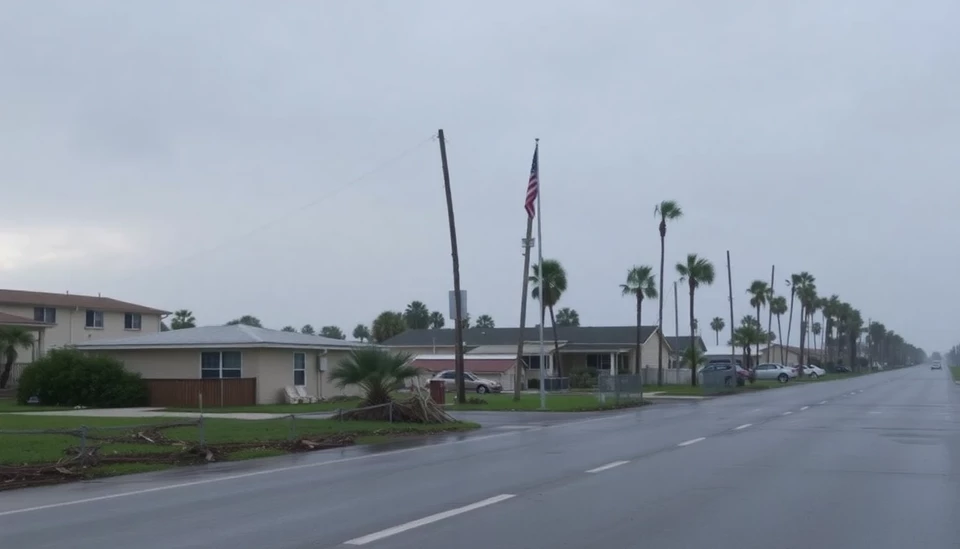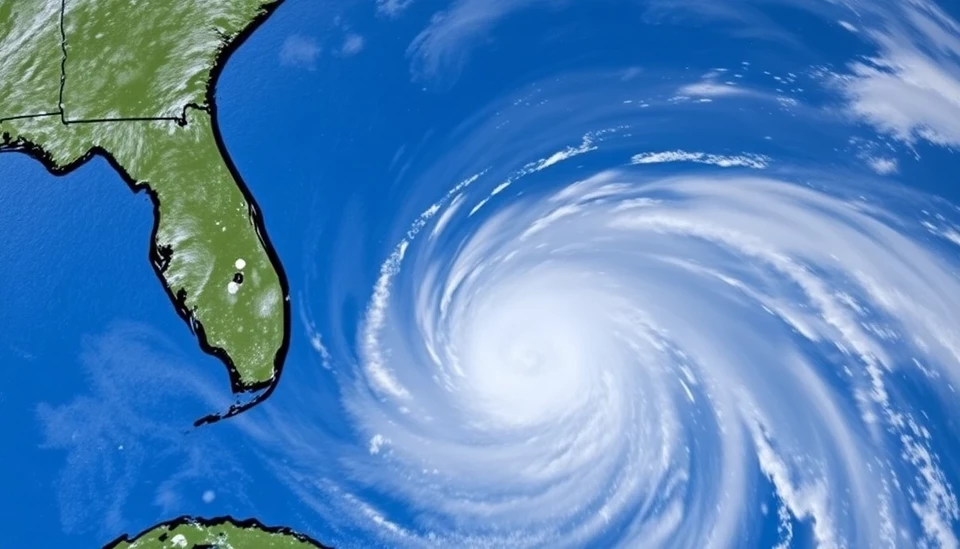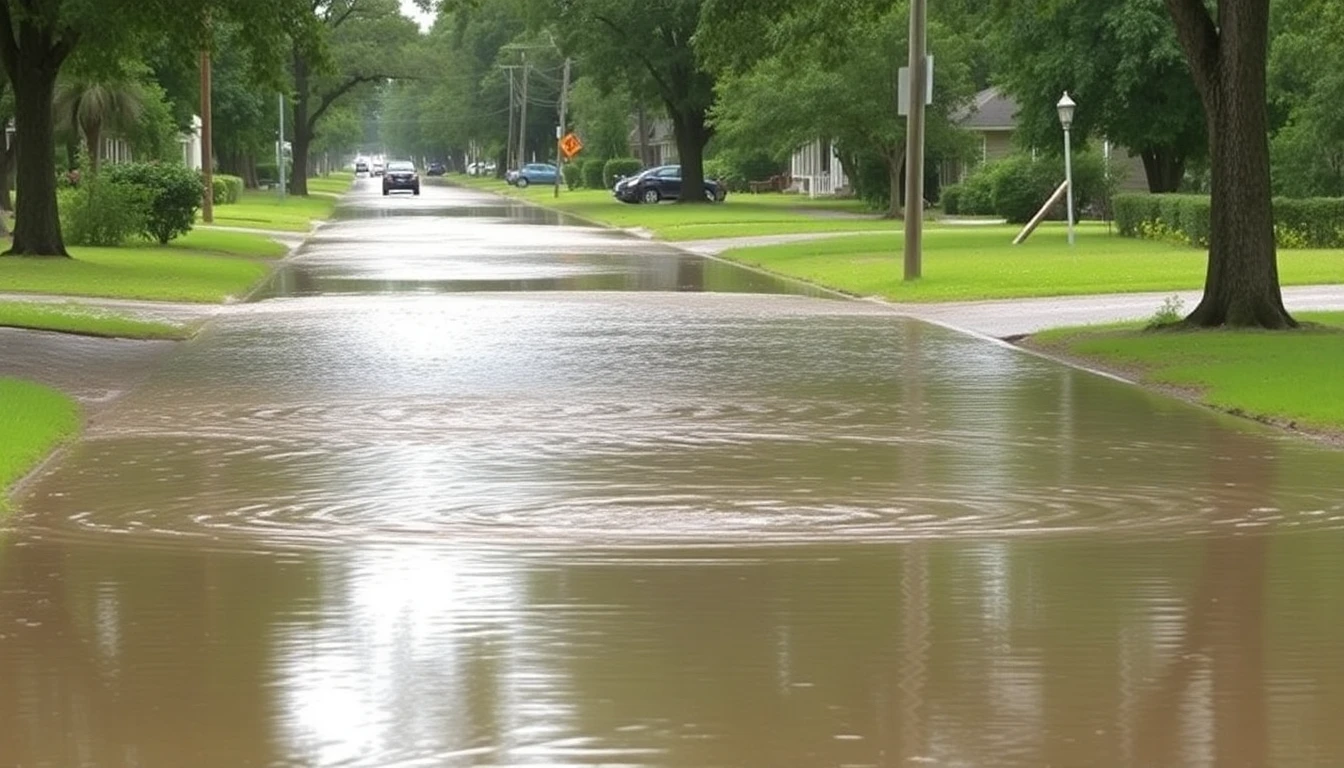
The recent devastation caused by Hurricane Milton has led experts to estimate that insurance claims could reach a staggering $36 billion. As one of the most impactful hurricanes to hit the United States in recent memory, Milton has left a path of destruction that will take years to recover from.
Making landfall in the southeastern coast, Hurricane Milton unleashed unprecedented winds of up to 150 miles per hour, tearing through coastal communities and causing catastrophic damage to homes, businesses, and infrastructure. The hurricane struck during a peak time of the year when many families were unprepared for such a significant natural disaster.
Initial reports indicate that numerous states, including Florida, Georgia, and the Carolinas, have experienced substantial impacts. Properties in these regions are now facing extensive losses, prompting homeowners and business owners to turn to their insurance providers for assistance. The immediate aftermath revealed overwhelmed emergency services and a desperate need for not only rescue efforts but also for long-term recovery plans to support the affected populations.
Insurance specialists predict that Milton will be among the costliest hurricanes in history, potentially surpassing previous storms such as Hurricane Katrina. With homes destroyed and businesses closed indefinitely, the waves of claims coming in are expected to assail the insurance market.
According to industry analysts, this financial blow could have long-term implications not only for the insurance companies but also for policyholders. Increased claims may prompt insurers to raise premiums significantly, leading to heightened costs for homeowners whose properties may be directly or indirectly affected by the hurricane's aftermath.
The Federal Emergency Management Agency (FEMA) is already mobilizing resources to support the affected areas, with various relief programs being devised to assist those in dire need. However, experts caution that the road to recovery will be a lengthy one, with many families facing months, if not years, before they can return to their normal lives.
Looking ahead, analysts urge state and federal governments to invest in improved infrastructure and more resilient building standards to mitigate future risks. With climate change intensifying the frequency of such severe weather events, there is a clarion call for better preparation and response strategies to safeguard communities that are regularly in the path of hurricanes.
As the nation watches the ongoing recovery efforts, the stories of resilience and community spirit are emerging among the rubble, as neighbors come together to support one another during this unprecedented crisis.
The immediate focus for residents of the affected states is on safety and securing financial support, while insurers brace for what is shaping up to be a monumental season for claims related to Hurricane Milton.
In the coming weeks, further assessments will likely be conducted to provide clearer insights into the total damage incurred. As the complex process of addressing this catastrophic event unfolds, it is clear that the effects of Hurricane Milton will be felt long into the future.
#HurricaneMilton #InsuranceClaims #NaturalDisaster #RecoveryEfforts #ClimateChange #CommunitySupport
Author: Peter Collins




